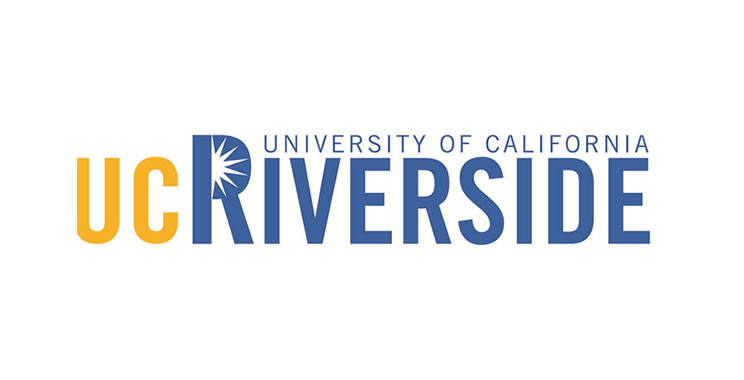Riverside, CA – If you’re eating fruits, nuts, grains, or vegetables in a few years, you’ll likely owe a debt of gratitude to UC Riverside. The university has created a program to transition today’s undergraduates into professional scientists solving tomorrow’s farming challenges.
The program, called Plants-3D, will train students to discover, design, and deploy biology and engineering solutions to the projected problem of massive-scale food insecurity due to climate change.
“It’s exciting that 50 students, many of whom are traditionally underrepresented in academia and the biotech sector, will now learn to use the most cutting-edge technologies in biology and engineering to help increase crop yields and nutritional value, while also helping themselves professionally,” said Julia Bailey-Serres, a UC Riverside professor of genetics who is leading the new program.
The program was made possible by a $3 million grant from the National Science Foundation Research Traineeship program. It will fund a total of 50 students who will receive academic and entrepreneurial training, as well as mentorship and stipends to help them travel to professional conferences.
Plants-3D will foster a synthetic biology approach to solving agricultural problems, meaning students will learn to design biological systems that do not already exist in the natural world. This approach will enable plants to tolerate increased levels of stress due to drought, flooding, and extreme heat, as well as boost protection from pests, pathogens, and invasive plants.
An example project would be the discovery and design of chemical compounds to attract beneficial microbes that could reduce plant requirements for fertilizer.
“Not only will our trainees help improve crop resilience and yields, but many plant metabolites they discover will have applications in other fields as well, including medicine and nutrition,” said Plants-3D co-leader Ian Wheeldon, associate professor of chemical and environmental engineering.
The program has already established relationships with companies for internships, helping ensure participants will go on to leadership positions in agricultural fields after graduate school.
The program will provide opportunities for UC Riverside undergraduates to participate in team research, enhancing their candidacy for graduate programs and jobs in agriculture and biotechnology.
Agriculture and related industries provide nearly 10% of U.S. employment opportunities, but the number of students graduating with degrees that would prepare them for these jobs is not meeting industry demand. Nearly 40% of positions are projected to go unfilled, according to the U.S. Department of Agriculture.
Making the problem even more dire is the rapid pace of retirement from the current agricultural workforce, which is the oldest and least diverse of all scientific workforces in the U.S., the USDA reported.
“There is a giant, gaping need for scientists who can not only update the aging agricultural technologies of today, but who can find solutions to the challenges that climate change will pose for the farmers of tomorrow,” said Sean Cutler, UCR professor of plant cell biology. “This program will definitely help fill that need.”
About UC Riverside
The University of California, Riverside is a doctoral research university, a living laboratory for groundbreaking exploration of issues critical to Inland Southern California, the state and communities around the world. Reflecting California’s diverse culture, UCR’s enrollment is more than 24,000 students. The campus opened a medical school in 2013 and has reached the heart of the Coachella Valley by way of the UCR Palm Desert Center. The campus has an annual statewide economic impact of almost $2 billion.

